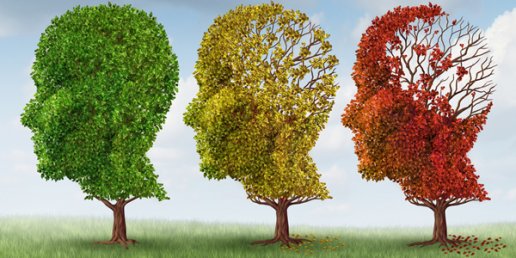New studies reinforce Education and Cognitive Reserve –instead of drugs targeting beta amyloid– as most promising avenue to prolong cognitive health and reduce dementia risk
 Dementia Risk Declines, And Education May Be One Reason Why (NPR):
Dementia Risk Declines, And Education May Be One Reason Why (NPR):
“Some encouraging news in the battle against Alzheimer’s disease and other forms of dementia: The rate at which older Americans are getting these conditions is declining. That’s according to a study published Monday in JAMA Internal Medicine. Researchers say one reason for the improved outlook is an increase in education.
The study used data gathered in two snapshots, one in 2000 and another in 2012, that each looked at more than 10,000 Americans who were at least 65 years old. In the first snapshot, 11.6 percent of them had some form of dementia. In the second snapshot, it was 8.8 percent…
Education can not only change the brain, it can change your whole life, says Haaga.
“It affects what kind of work you do, of course. It also affects who your friends are, who you’re married to, whether you’re married. All aspects of life are affected by educational attainment,” he says…
But while the risk of dementia is declining, the number of cases is still expected to rise. That’s because the population of older adults in this country is increasing. The number of people 65 and older is expected to nearly double by 2050.”
—–
Lilly Alzheimer’s Drug Fails to Slow Memory Loss, Shares Plunge (Fox Business):
“Eli Lilly’s experimental drug failed to slow loss of cognitive ability in patients with mild Alzheimer’s disease in a large trial, the company said on Wednesday, a major setback for the U.S. drugmaker and millions of people with the memory-robbing disease…The infused drug works by binding in the bloodstream to a protein called beta amyloid, which are believed to cause toxic brain plaques that are considered a hallmark of Alzheimer’s.
Lilly said on Wednesday that patients treated with solanezumab did not experience a significantly greater slowing in cognitive decline than those given placebos, as measured by a widely used scale called ADAS-Cog14.”


